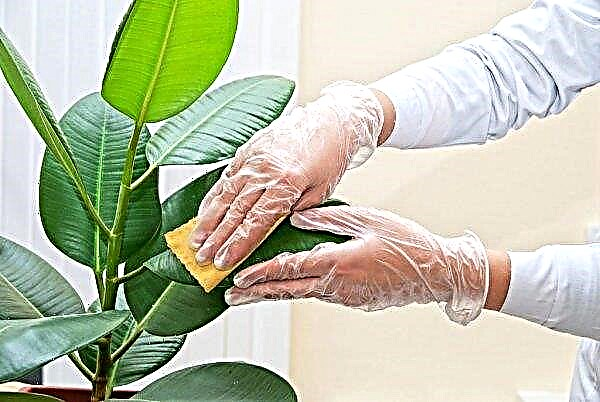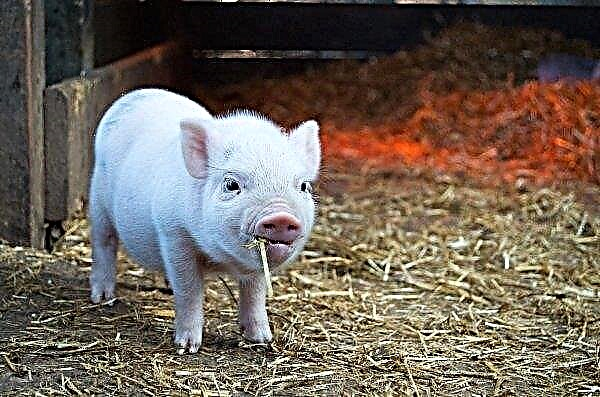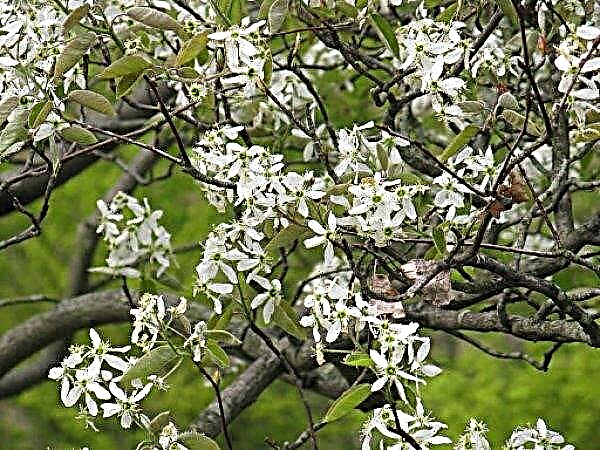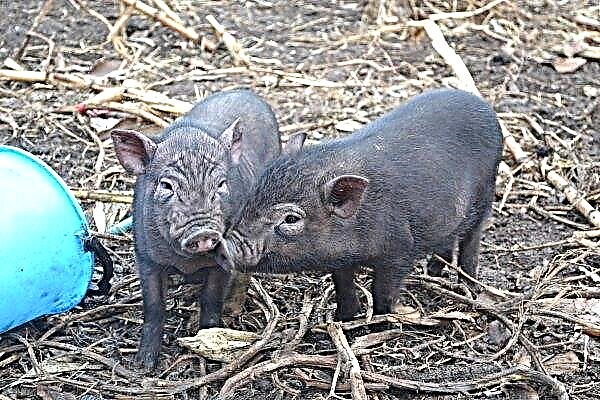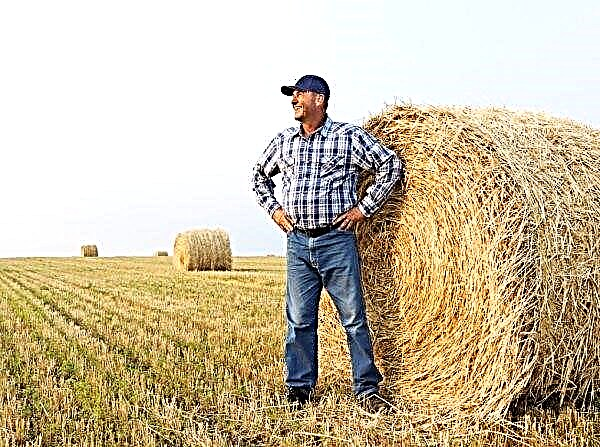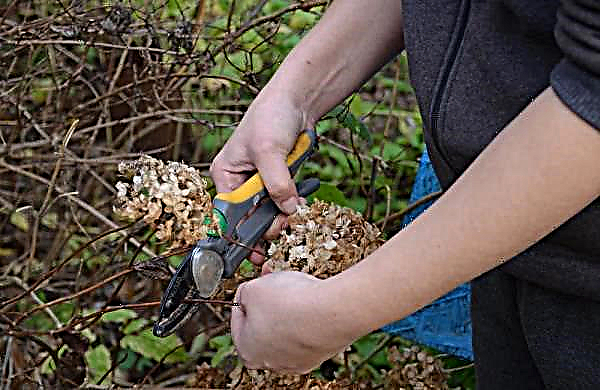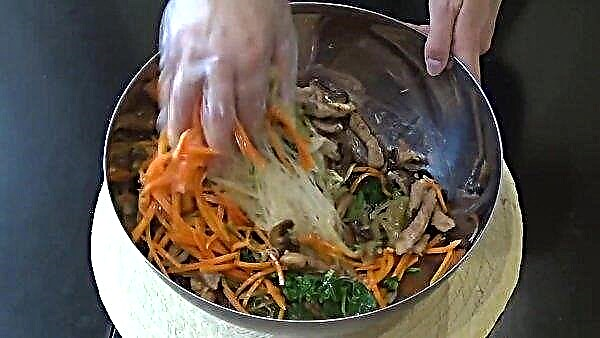Greek strawberry plantations are mainly served by migrants from Bangladesh. They stay there for years, earning a living in a terrible, inhumane setting.
Every year, from October to May, up to 12 thousand work in the Greek agricultural labor market. They mainly work on strawberry plantations.
Farm migrants say that farmers make big profits by not wanting to provide them with decent housing. As a result, workers are forced to rent unused agricultural land and build temporary huts, which they call "barangays."

Residential blocks consist of various wastes, plastic, bamboo sticks, cardboard, which makes them very life-threatening, because they not only cannot protect workers from adverse weather conditions, but they are also easily combustible.
Greece is the 10th largest strawberry exporter in the world, and it is a very intensive cultivation. After harvesting, the fruits quickly deteriorate. That is why strawberries need to be picked up quickly and accurately, for which more people are needed. Local residents do not want to do such work, so migrants make up the backbone of this agricultural production.

Farmers make huge profits only by renting unsuitable housing for migrant workers. In addition, workers work without a contract, and in case of non-payment of rent, the local police even harassed and intimidated them.
Migrant workers regularly die in frequent fires in flammable barangays, where there is no running water, electricity or sanitary facilities.

In June 2018, a large fire broke out in a migrant settlement in Nea Manolada, which consumed all people there. More than 340 Bangladeshi workers lost everything they had. In the same region, 7 fires broke out in 2019.

